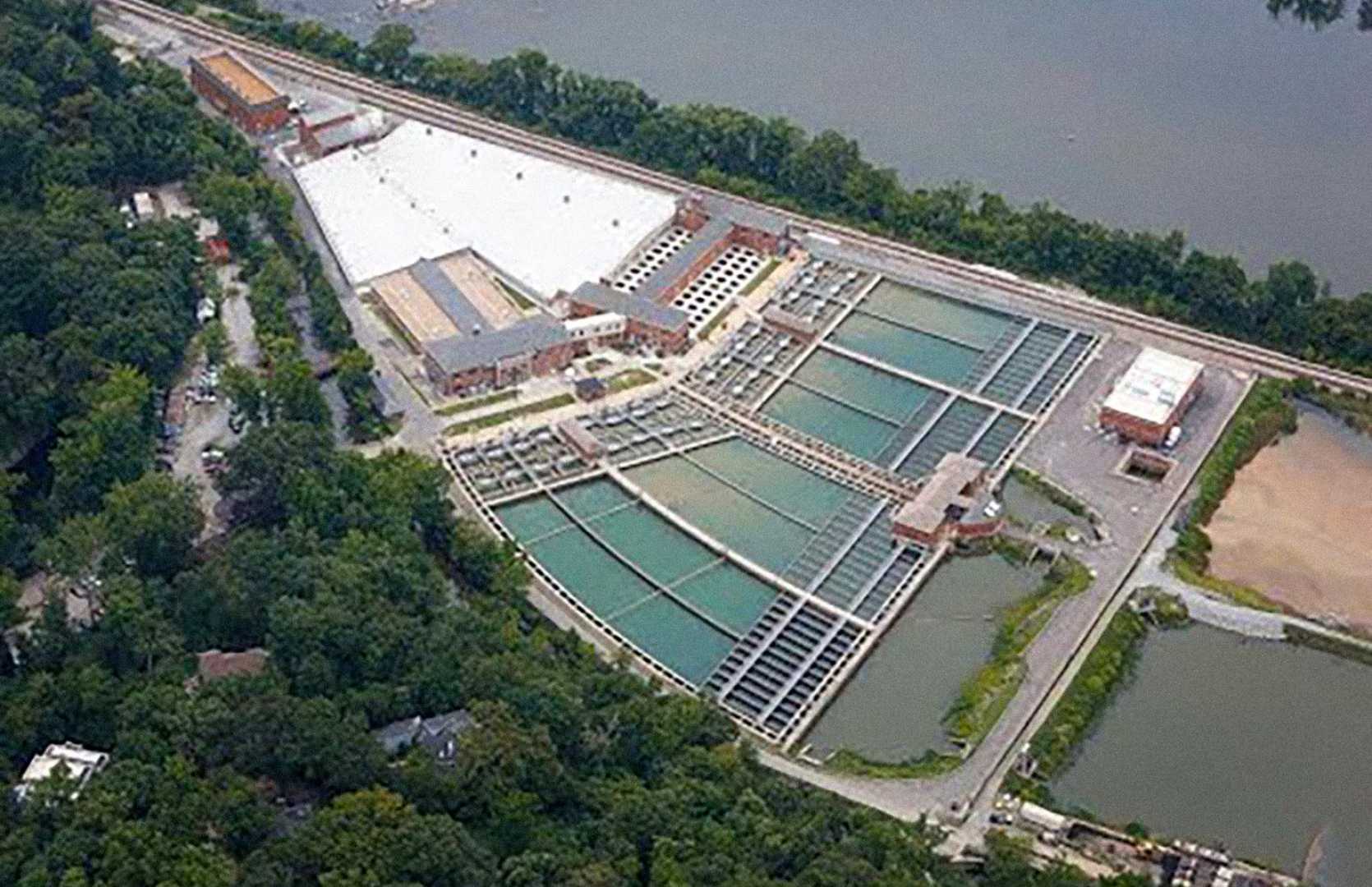News
Richmond Water Crisis: Power Outage Exposes System Failures

RICHMOND, Va. — A winter storm-induced power outage at Richmond‘s water treatment plant has escalated into a city-wide water crisis, exposing critical failures in the facility’s backup systems. The incident, which began Monday morning, has left residents without reliable water service and raised questions about the city’s emergency preparedness.
During a press conference on Wednesday, April Bingham, head of Richmond’s Department of Public Utilities, attributed the crisis solely to the power outage. However, subsequent investigations revealed a cascade of failures in the plant’s redundancy systems. Mayor Danny Avula explained that after the initial outage, the plant’s automatic transfer switch failed to activate a secondary Dominion Energy power source. An electrician, called in to assist, opted to manually switch to the secondary source instead of activating a backup generator. This decision led to the disconnection of the plant’s IT system, which controls critical valve operations.
The IT system, described as “the brains” of the facility, was temporarily powered by a backup battery. However, the battery did not last as long as expected, resulting in flooding due to the inability to close valves pumping water into the basement. According to Dwayne Roadcap, Director of the Virginia Department of Health‘s Drinking Water Division, two of the plant’s three backup batteries were out of service at the time of the incident. It remains unclear whether these batteries were already non-operational before the storm.
Roadcap also noted that plant staff were unaware of the manual valve-closing procedure until after the flooding occurred. Mayor Avula acknowledged the oversight and promised a thorough review of the incident. “We need to make sure that we’ve got the right protocols in place, the right people in place, the right systems in place to provide the basic services that our city needs,” Avula said.
The crisis comes just days after Bingham sent a letter to the U.S. Environmental Protection Agency (EPA) defending the plant’s redundancy systems. In the letter, she emphasized the facility’s ability to maintain critical services despite equipment failures. However, the system’s collapse has cast doubt on these claims. Bingham was notably absent from Thursday’s press conferences, leaving Avula to address questions about the plant’s preparedness and accountability.
Residents and officials alike are calling for transparency and accountability as the city works to restore water services. Avula has pledged a rigorous investigation to determine whether leadership or management failures contributed to the crisis. “If we find that there are personnel failures, they didn’t do what they were supposed to do, we’re going to hold those people accountable,” he said.
The incident has also drawn attention to past inspections that cited the plant for deteriorating equipment and outdated emergency plans. As Richmond grapples with the fallout, the crisis serves as a stark reminder of the importance of robust infrastructure and emergency preparedness in safeguarding public utilities.












